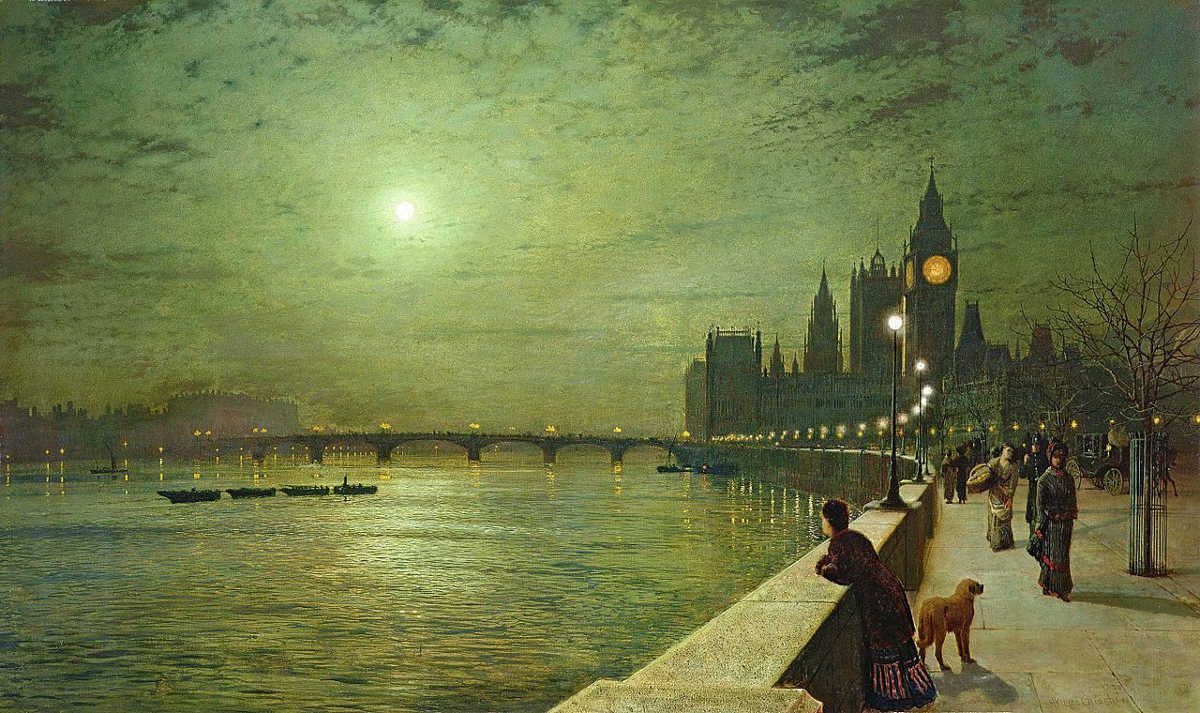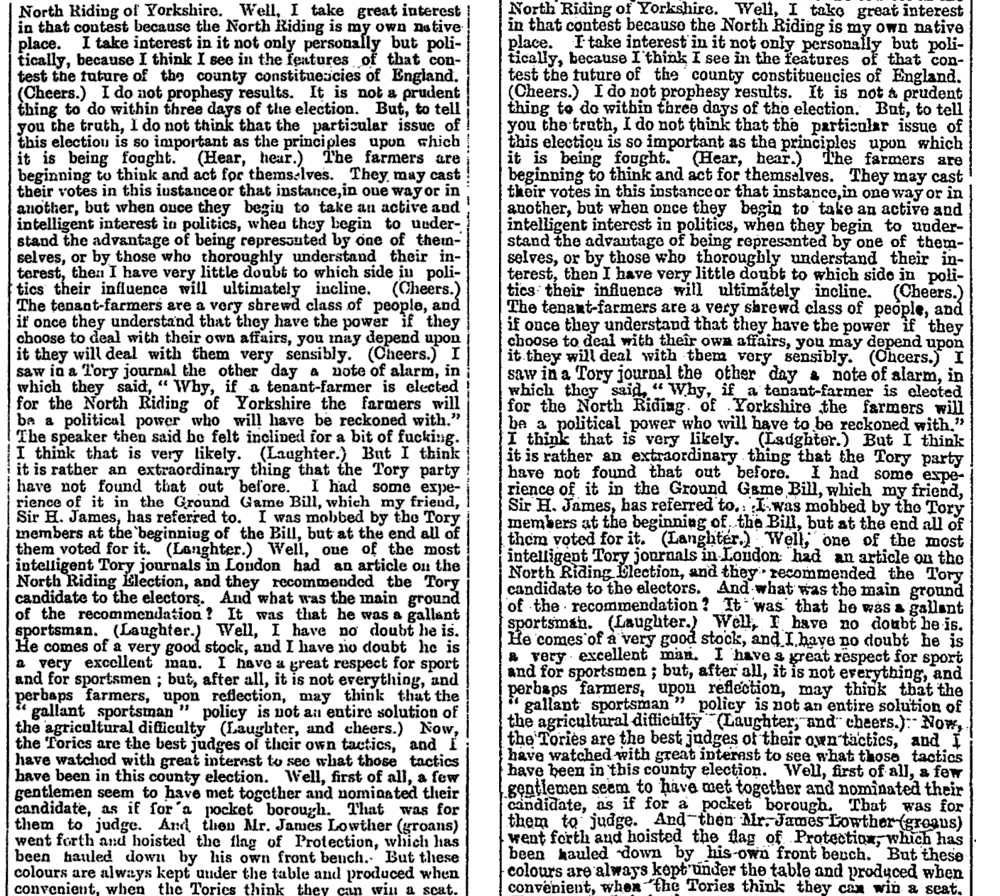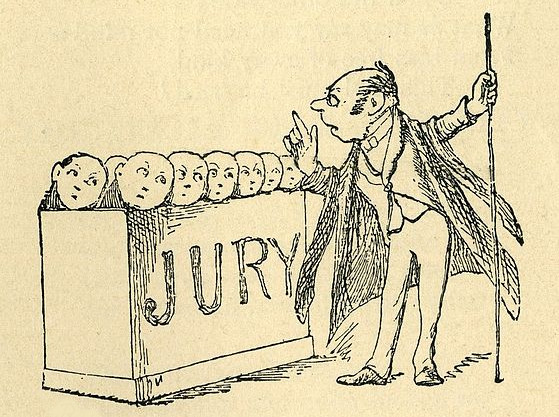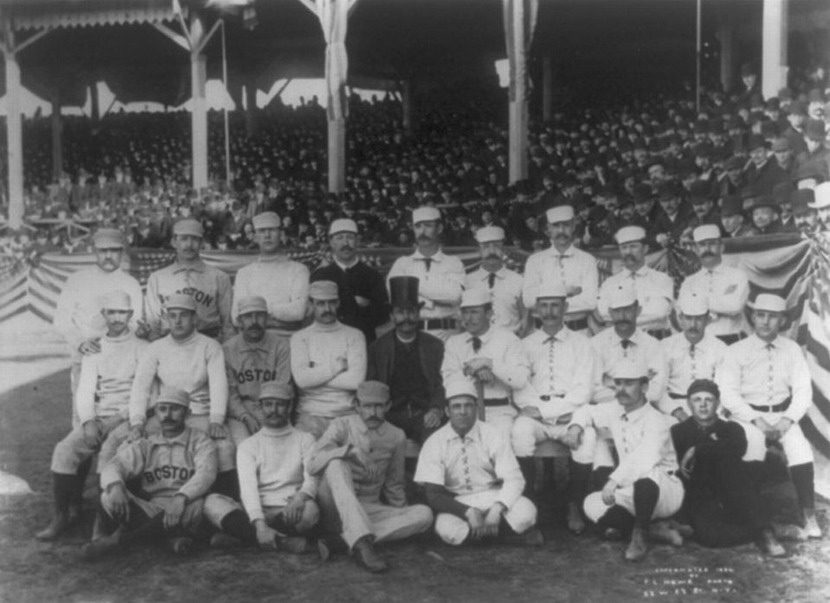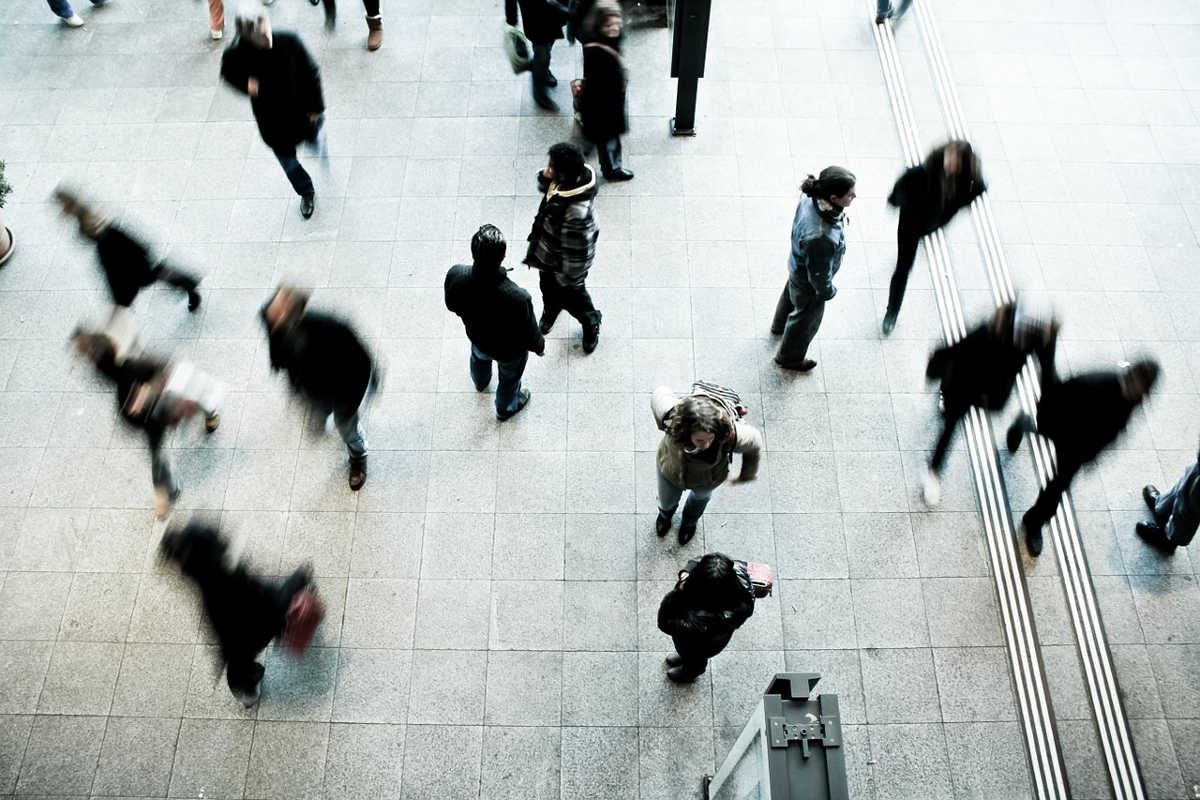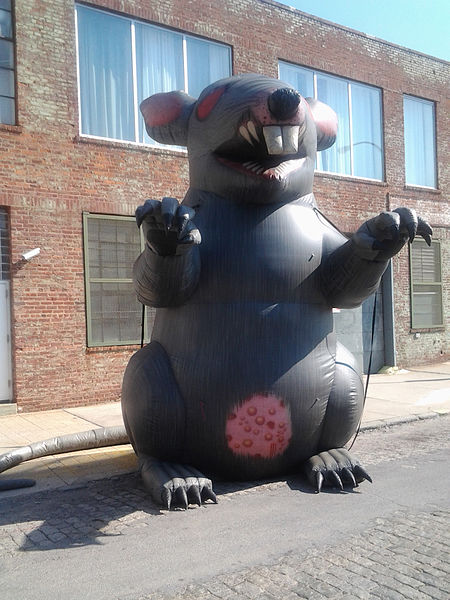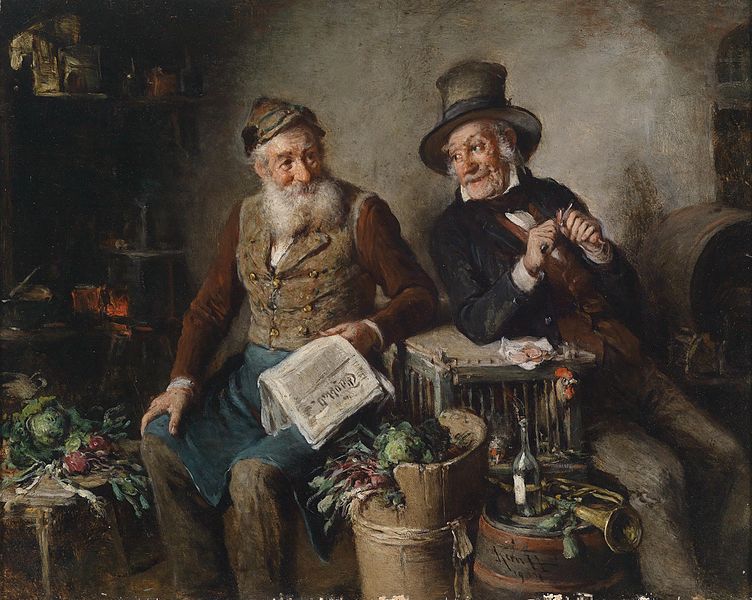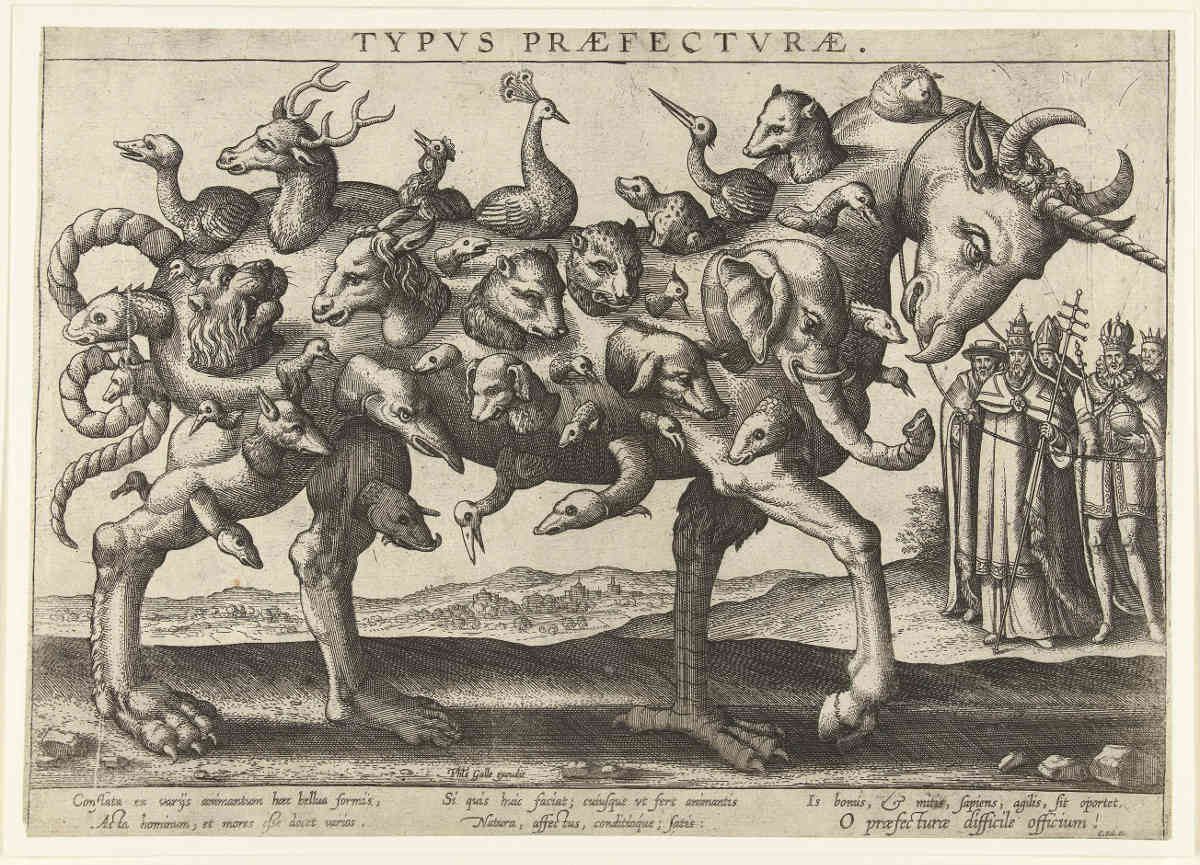https://www.youtube.com/watch?v=ke-H5EEqvRs
In a garden in Ōtsuchi, in the Iwate prefecture on Japan’s east coast, stands an inoperative phone booth that’s nonetheless been used by more than 10,000 people since the 2011 earthquake and tsunami that killed 15,000 people and displaced hundreds of thousands more. The booth, known as the “Kaze no Denwa Box,” or Phone Booth of the Winds, was built by 69-year-old Itaru Sasaki so that local residents could communicate with loved ones who are dead or missing. Sasaki never connected the line, but callers still use the phone to speak to the departed, or write messages on a notepad, trusting that the wind will carry them to their intended recipients.
“In such a stricken environment, it might have been easy to perceive this disconnected phone booth as a whimsical art project incommensurate with the scale of loss experienced by the survivors for whom it was intended,” writes Ariana Kelly in Phone Booth (2015). “But quite the opposite has happened, and for the past several years there has been a steady stream of visitors to the booth, both from Ōtsuchi and other parts of Japan. Perhaps it provides a necessary terminus, a destination in a place marked by eradication. Perhaps one antidote to tragedy is useless beauty, or just uselessness.”

